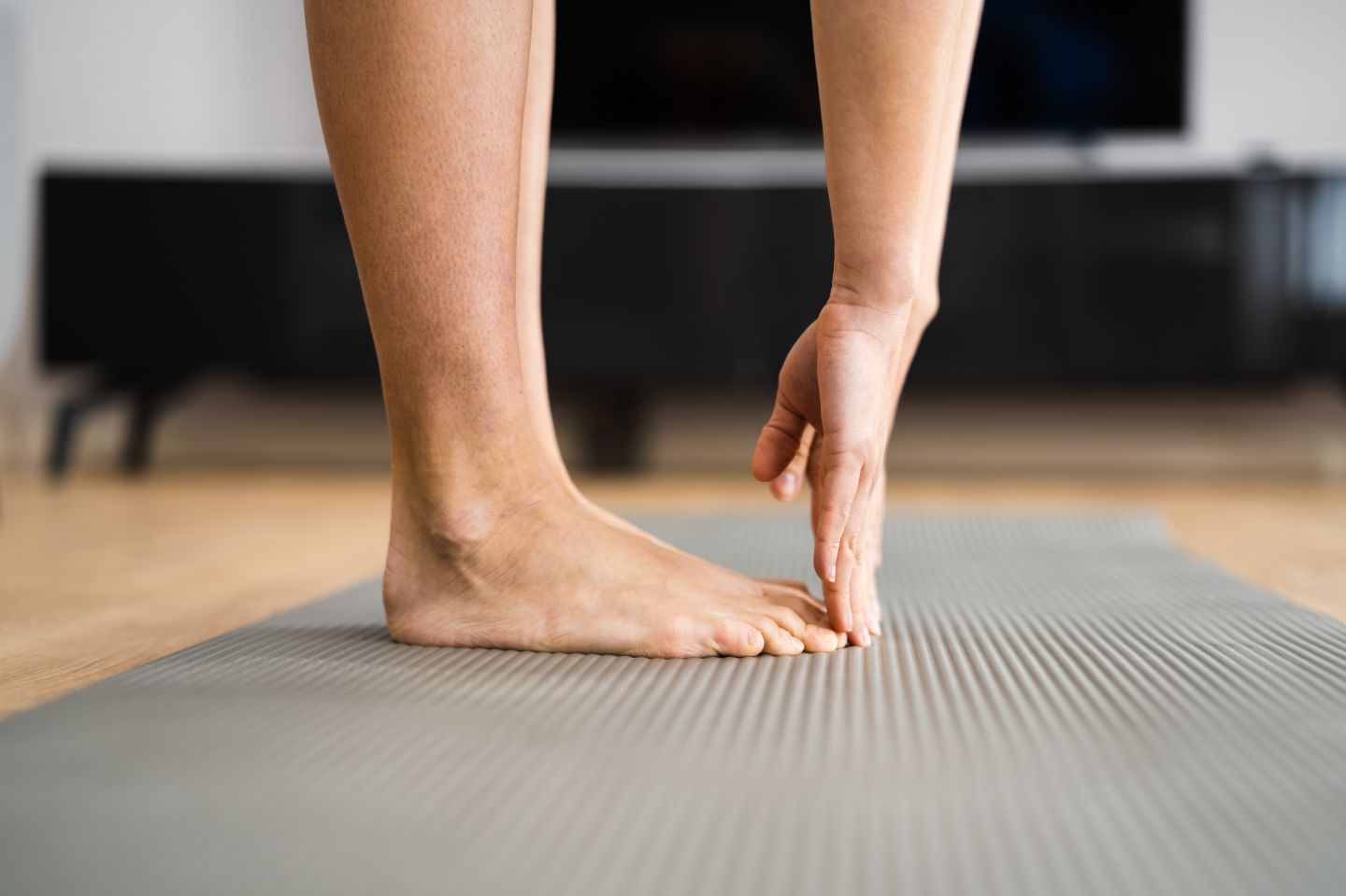Sleep is a cornerstone of well-being, influencing everything from physical health to cognitive function. However, determining the ideal amount of sleep can be a puzzle.
While individual needs vary, scientific research offers valuable insights into the recommended sleep duration for different age groups and lifestyles.
In this article, we dive into the science of sleep duration, helping you uncover the magic number of hours your body truly needs to thrive.
The Importance of a Goodnight Sleep
Good sleep is not merely a luxury; it’s a fundamental necessity for overall well-being. The benefits of a proper night’s rest extend far beyond feeling refreshed in the morning. Adequate sleep has been shown to play a pivotal role in cognitive function, emotional well-being, immune system support, and even weight management.
Scientific studies consistently emphasize these advantages. A study published in the Journal of Experimental Psychology: Learning, Memory, and Cognition demonstrated that sleep enhances memory consolidation, making it essential for learning and retaining information.
Furthermore, research published in the Journal of Clinical Sleep Medicine highlighted the correlation between regular sleep patterns and a reduced risk of metabolic disorders. As we delve into the science of sleep duration, it becomes clear that a good night’s sleep is not just a personal preference, but a critical factor in achieving and maintaining optimal health.
Understanding Sleep Cycles
- The Sleep Cycle: Sleep is divided into cycles, each consisting of various stages including light sleep, deep sleep, and REM (rapid eye movement) sleep. Completing multiple sleep cycles in a night is crucial for feeling refreshed and rejuvenated.
- The Role of Age: Sleep needs to change with age. Infants and young children require more sleep, while teenagers and adults generally need slightly fewer hours. Older adults might experience changes in sleep patterns due to factors like hormonal shifts.
Sleep expert Dr. Matthew Walker states, “Sleep is the Swiss Army knife of health, cutting through every ailment and every condition.” This emphasizes the universal importance of sleep for overall well-being.
Recommended Sleep Durations
- Newborns and Infants: Babies need a substantial amount of sleep – around 14 to 17 hours a day. Sleep patterns are fragmented, reflecting their rapid growth and brain development.
- Toddlers and Preschoolers: Young children require about 10 to 14 hours of sleep each night. Naps are still essential during this phase, contributing to their overall sleep needs.
- School-Age Children: Children aged 6 to 12 need roughly 9 to 12 hours of sleep to support their growth, learning, and physical activities.
- Teenagers: Adolescents should aim for about 8 to 10 hours of sleep. Hormonal changes and increased academic demands can affect sleep patterns, making quality sleep crucial.
- Adults: Most adults function well with 7 to 9 hours of sleep. However, individual variability exists. Factors like lifestyle, genetics, and overall health influence sleep needs.
- Older Adults: Seniors might find their sleep patterns shifting due to changes in sleep architecture and health conditions. Aim for 7 to 8 hours of sleep, adjusting as needed.
Quality vs. Quantity
Dr. Michael Grandner, Director of the Sleep and Health Research Program, emphasizes, “It’s not just the amount of sleep, but the quality of sleep that matters.” Factors like sleep environment, relaxation techniques, and bedtime routines play a significant role in how rested you feel upon waking.
Listening to Your Body
While recommendations provide a starting point, the key is to listen to your body. If you consistently wake up feeling refreshed and energetic, you’re likely getting the right amount of sleep. On the other hand, if you’re constantly fatigued during the day, you might need to adjust your sleep duration and habits.
Conclusion
The ideal amount of sleep varies across different stages of life. Pay attention to your body’s signals and align your sleep duration with the recommendations that suit your age and circumstances. Prioritizing consistent and restorative sleep is the cornerstone of a healthy, thriving life – and your body will thank you for giving it the rest it deserves.














